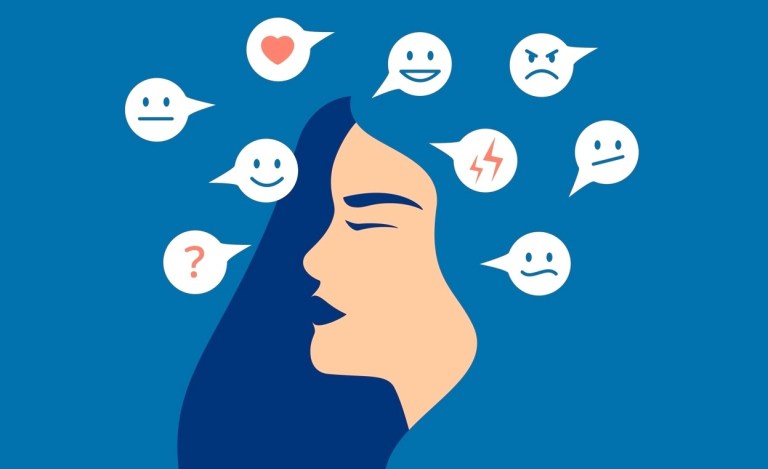Do you wish nap time was a regular part of adult life, just like in kindergarten? There might be a good reason to incorporate it into your daily routine, according to new research. A study published in the journal Sleep Health suggests short snoozes might help protect the brain against age-related shrinkage, which is associated with cognitive decline and neurodegenerative conditions like dementia.
Previous research on naps and brain health has produced mixed results, according to The Guardian and CNN. Some data has suggested habitual nappers have a higher risk of high blood pressure and stroke, and long naps may be an early sign of Alzheimer’s. Other research has found brief naps can boost brain power in the hours afterward.
In the June study, researchers at University College London and the University of the Republic in Uruguay sought to find out if napping can directly affect brain health.
To do so, they drew data from the U.K. Biobank, which contains genetic, lifestyle, and health information from 500,000 people aged 40 to 69, per The Guardian, and selected 35,080 participants. Using a method called Mendelian randomization, they looked at 97 genetic variations thought to determine a person’s napping habits. They then compared the brain health and cognition of people genetically “programmed” to nap with those who don’t have the same genetic variants, per a press release from UCL.
Because genetics are set at birth, this approach allowed researchers to control for lifestyle factors like physical activity or smoking that can influence people’s napping tendencies and brain health, according to The Guardian.
“It is like a natural randomized control trial,” Dr. Victoria Garfield, senior author of the study, told the publication.
These variants, identified in a previous study using U.K. Biobank data, occur in at least 1 percent of the population, she added.
After adjusting for potential biases like variants associated with excessive daytime sleepiness, researchers found people genetically geared for napping generally had bigger brain volumes, according to the press release. On average, the “difference in brain volume between people programmed to be habitual nappers and those who were not was equivalent to 2.6 to 6.5 years of aging,” the press release explains. However, researchers didn’t find an association between programmed habitual nappers and their hippocampal volume, visual processing, or reaction times.
Study authors wrote that this may mean naps help to compensate for poor sleep, which is linked to neurodegeneration.
“Our findings suggest that, for some people, short daytime naps may be a part of the puzzle that could help preserve the health of the brain as we get older,” Garfield shared..
Although the study didn’t have data on nap duration, previous research indicates napping for 30 minutes or less and earlier in the day is most likely to be beneficial to short-term cognitive benefits and nighttime sleep, respectively.
Said Garcia: “I hope studies such as this one showing the health benefits of short naps can help to reduce any stigma that still exists around daytime napping.” To learn more about short daytime snoozes, check out this article on how to get the most out of napping and click here to read about the do’s and don’ts for healthy adults.













Pingback: 16 Heartwarming Words and Phrases That Don’t Have an English Equivalent - Usernames Ideas